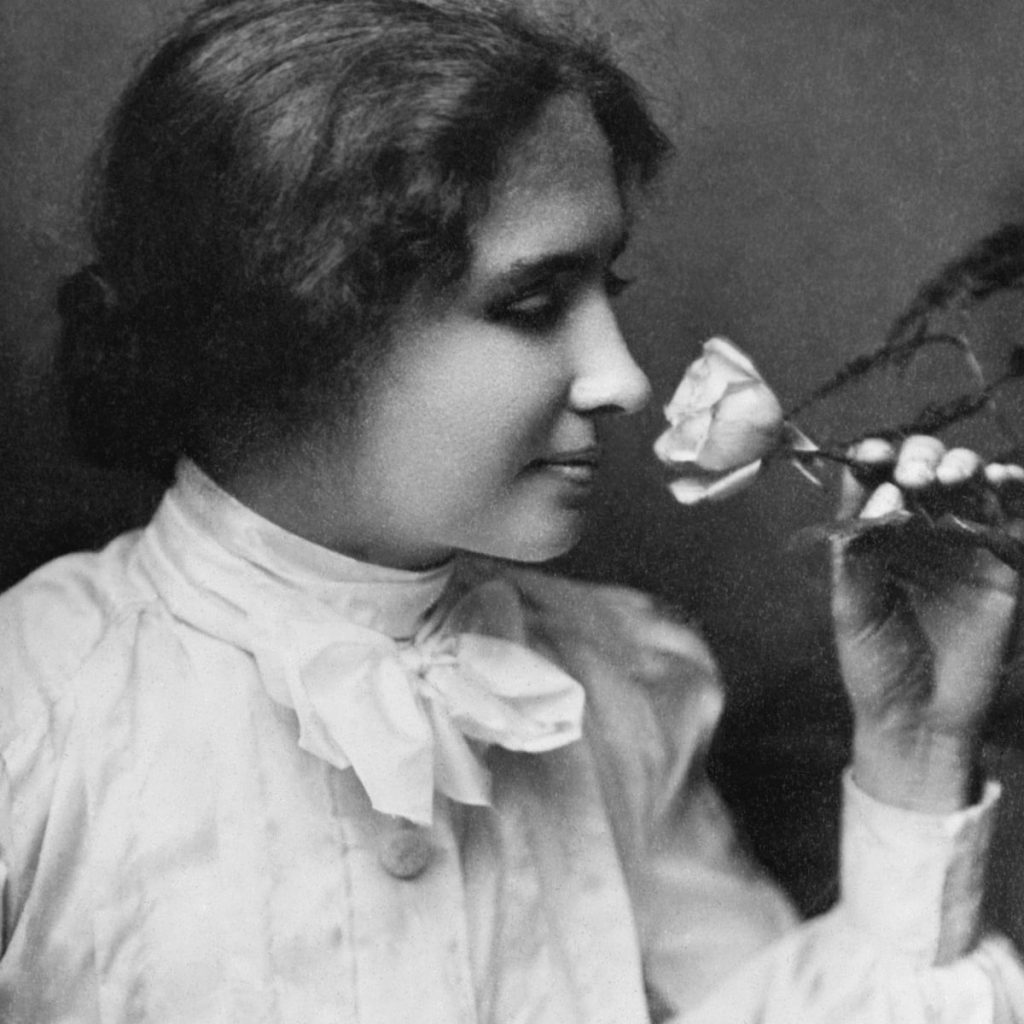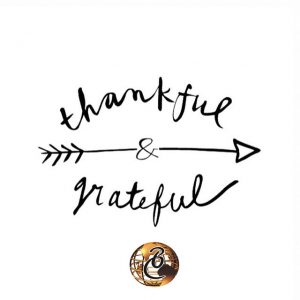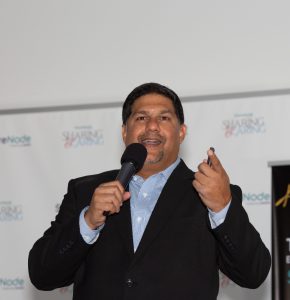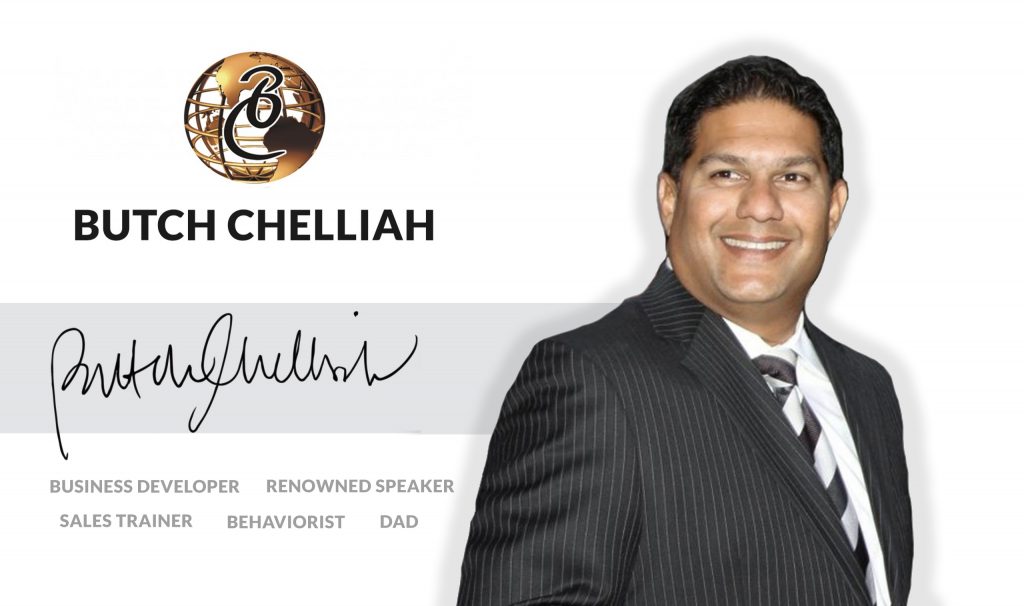Let’s start with something simple.
What does “thank you” mean to you?
Do you say it often? Do you hear it every day? Do you even notice anymore?
We’ve all been there — rattling off “thanks” like it’s punctuation. “Thanks” when someone hands you your change. “Thanks” when a waiter tops off your water. “Thanks” to the stranger who held the elevator. It’s automatic. It comes out like breath. And because of that, it often means very little.
But that’s not where it started.
Once upon a time, saying thank you was sacred. It came from a place of pause — of presence. It meant: I see what you did. I feel it. I respect the time and effort it took. Somewhere along the way, though, it became a script. And like anything we overuse without reflection, it started to lose its weight.
I remember holding the door for someone who walked right past me without a glance, much less a “thank you.” And while it didn’t ruin my day, it did interrupt it. It’s not that I needed praise — I just noticed the silence.
And that silence said something.
Do “Thanks” Always Mean Appreciation?
Not really. Not always.
Sometimes we say “thank you” because we’re supposed to. Because we don’t want to seem ungrateful. Because it fills the silence. Or because we were raised to say it regardless of how we feel. It can even carry a passive-aggressive edge — a sugar-coated “I’m done with you.”
So no, “thank you” doesn’t always mean appreciation. Sometimes it just means, this interaction is over.
Appreciation is something else entirely.
Appreciation lives in what people do — not what they say.
You’ll feel it in a returned favor. A shift in attitude. A simple act of showing up for you when you didn’t expect it. That’s the real stuff. That’s when “thank you” doesn’t even need to be said. Because it’s lived.
Gratitude Is a Different Animal
Gratitude is deeper than a moment. It’s a mindset. A quiet current running through your life.
You can be grateful for things you never got to say “thank you” for. Grateful for your parents. For your culture. For second chances. For the sunrise.
A cancer survivor doesn’t walk around saying “thank you” every five minutes — but their whole existence starts to whisper it. Gratitude lives in how you carry yourself, how you treat people, and how you move through the world.
So… Do We Still Need to Say It?
Yes. We do.
Because even if the words have lost some of their magic, the absence of them still stings.
There’s a reason we notice when someone doesn’t say it. You hold the door open, and someone just breezes through — nothing. No nod, no eye contact. The moment doesn’t need to be loud, but the silence makes a statement.
It’s like when the power goes out in your house. You never noticed the hum of the fridge until it was gone. That low buzz of basic decency — we take it for granted. Until it stops.
It’s Cultural Too — But Ultimately Personal
Some cultures keep interaction minimal. No small talk, no thank-you’s, no handshakes. Others take those rituals seriously. In some circles, not saying “thank you” is enough to damage a relationship permanently.
But here’s the truth: it’s not about culture. It’s about you.
When you say “thank you,” do you mean it? If you do — even just a little — then say it. Say it often. But more than that, show it.
Pick up the check. Offer the ride. Return the call. Hold space. Do the thing you don’t have to do.
Because “thank you” means a lot more when it comes with presence.
“There is no better way to thank God for your sight than by giving a helping hand to someone in the dark.”
— Helen Keller
Maybe that’s the whole point.





